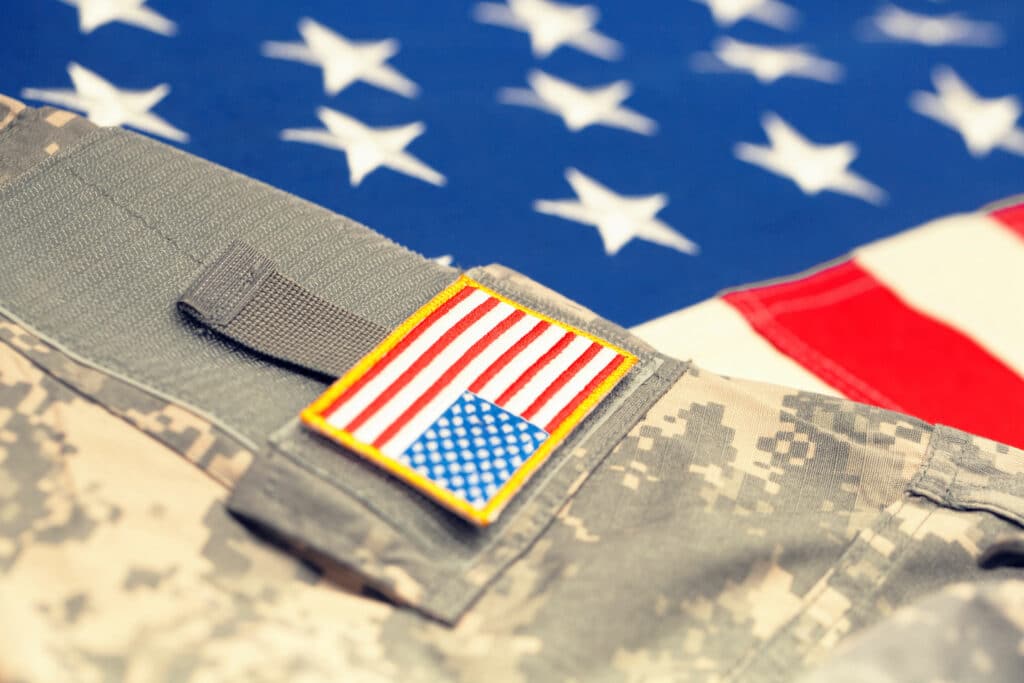In 2009, Army Major Nidal Hasan, an Army psychiatrist, walked into a Soldier Readiness Processing Center on Fort Hood, Texas and opened fire with a semiautomatic handgun equipped with laser sights. He killed thirteen people and wounded thirty-one others. The attack ended when he was shot by responding law enforcement. As a result of his wounds, Hasan is permanently paralyzed from the waist down. In 2013, he was found guilty of thirteen specifications of premeditated murder and thirty-two specifications of attempted premeditated murder. He was sentenced to death. In 2021, the Army Court of Criminal Appeals upheld the findings and sentence.
The Court of Appeals for the Armed Forces has now issued an opinion in this case. Although the Court originally issued its opinion in September 2023, the defense submitted a request for reconsideration. After reconsidering the issues, the Court has now replaced its earlier opinion with one released on March 4, 2024. The Court of Appeals for the Armed Forces has also affirmed the findings and sentence in this case.
The appeal to this highest military appellate court included 50 alleged errors, although the counsel only provided briefing on 12 of them. The Court’s decision discusses each in turn. One interesting issue was the first raised. The defense argued that Hasan’s decision to represent himself was not voluntary. Originally, Hasan was represented by three military attorneys. They represented him for nearly two years, through numerous pretrial sessions. Shortly before trial, Hasan and his attorneys had a disagreement concerning strategy. The attorneys wanted to argue that Hasan’s religious zealotry essentially inflamed his passions to the point that his actions could not be considered premeditated. Their strategy aimed to attack the element of premeditation and, ultimately, leave him convicted of a lesser murder charge that would not qualify for the death penalty.
Hasan disagreed with this approach. He believed that his actions were necessary to defend the members of the Taliban these US Soldier were preparing to deploy to fight. He wanted his defense to be one of a defense of others. This would allow him to argue that he was justified in his actions and should be found not guilty of the charged offenses. However, the Military Judge had already ruled that this defense was not allowed because a justification of defense of others requires imminent or immediate threat of death or grievous bodily harm to the individual being defended. On November 5, 2009 in Fort Hood, Texas, no persons were in imminent or immediate danger.
Despite the fact that his preferred defense had been disallowed, Hasan did not want his attorneys to present the “religious passion” defense. Instead, he opted to represent himself. The Military Judge went through an extensive process to ensure that Hasan was physically and mentally sound enough to represent himself, and that he fully understood the consequences of doing so. Hasan said that he did.
On appeal, Hasan claimed that his decision to represent himself was involuntary because his appointed attorneys were insisting on pursuing a defense with which he did not agree. Therefore, he had no choice but to represent himself. The Court found that Hasan’s decision was voluntary. The decision noted that while the “objective of the defense” is a decision for the client, trial strategy is a decision for the attorney. The Court found that the attorney’s proposed defense fell within a trial strategy decision and that an “objective of the defense” pertains more to decisions like whether to claim that someone else committed the offense charged or to take responsibility. On this issue, and all other briefed issues, the Court of Appeals for the Armed Forces found no reason to disturb the findings or sentence in this case. The result below was affirmed.
If you or your loved one is facing a court-martial or wants to appeal a court-martial conviction, you need someone with experience who knows the law. I have the experience you need. Please call Bill Cassara at (706) 445-2943 for a free consultation.

